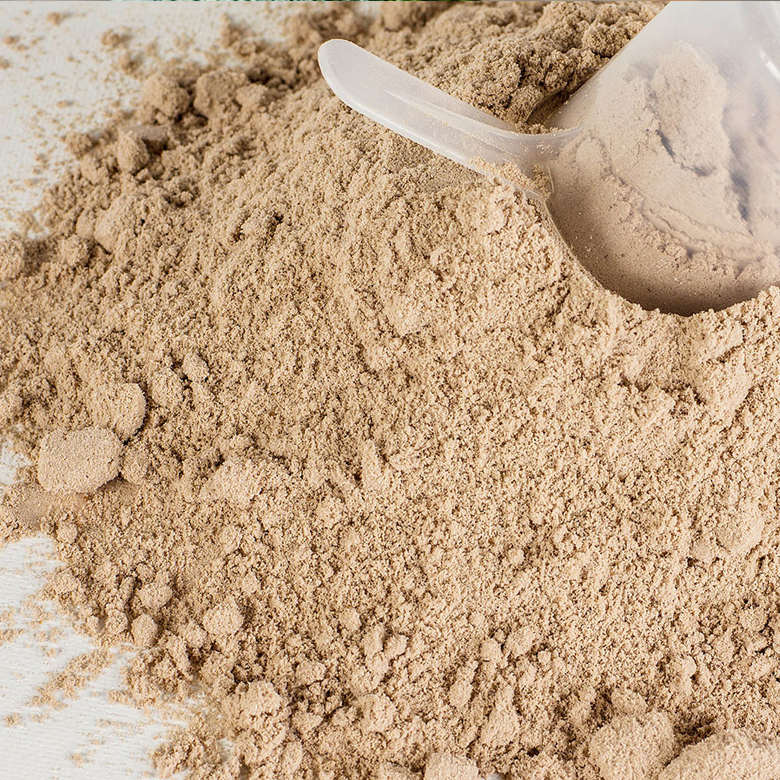Is Protein Powder a Processed Food?
I think it is fantastic that there is so many people and their businesses encouraging healthy, wholefood eating. As discussed in a previous post, nearly all Australians need to eat more vegetables, and the movement towards a more active, healthy lifestyle is great for our society as a whole.
But so often I am seeing ‘protein bliss balls’, ‘protein bar’, ‘add protein to your smoothie’ etc etc, alongside the words ‘wholefood’. I am not saying that I’m against protein powders and supplements – I think they can be incredibly useful. But this doesn’t make something that is processed, that often contains a variety of sweeteners and preservatives a ‘wholefood’ (I should add that these are not all created equally either; some brands are much better than others).
When are protein powders necessary?
There is a few instances where I do commonly recommend these products. For most of my athlete clients who have very high energy requirements (or any client with high energy requirements), or people with particularly high protein requirements, they can be a great way of getting extra kilojoules in without adding much extra volume. Another setting is as a recovery drink post exercise, if it is not possible to keep a milk drink cold (eg. you need something you can simply add water to).
What can you include instead?
If you’re using as a recovery drink, a simple glass of chocolate milk will give you everything you need in relation to carbs, protein and electrolytes, or alternatively make up a banana smoothies, again giving you everything you need (without adding in any extra kilojoules!). If making balls or bars, combining a variety of nuts, seeds and dried fruits is possible to give you what you need, without adding anything processed!
See here for my recipe for raw nut and seed balls, sans protein powder!
To sum up, protein powders definitely have their place, and can be very useful in certain situations. But lets get back to eating real, wholefoods as much as possible.
Img Src.

